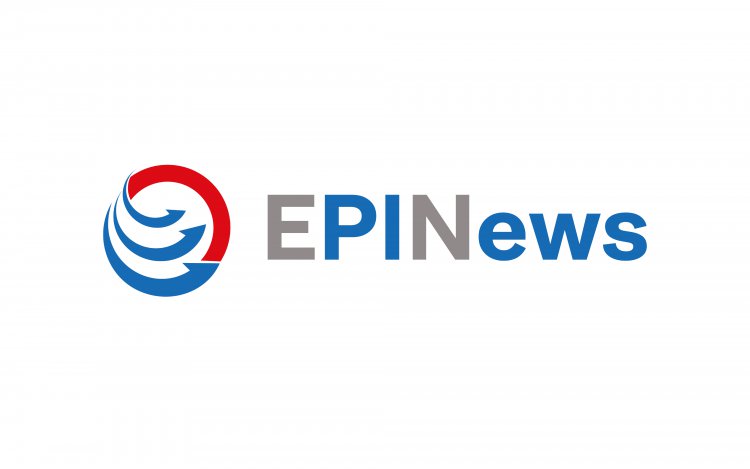
With its multiple variants such as Delta and Omicron, the COVID-19 pandemic highlighted the need for genomic surveillance, to monitor virus evolution and its implications on transmission dynamics and response measures like vaccines. Sequencing information provides crucial decision-making information during epidemics and pandemics. On 8-9 June 2022, WHO’s Eastern Mediterranean Regional Office convened a meeting in Egypt with partner organizations and countries to discuss the framework for integrated respiratory pathogen surveillance including the role of genomic surveillance. The regional laboratory focal point set the scene:
“Currently, 19 out of the 22 countries in the Eastern Mediterranean Region have genomic sequencing capabilities. A regional network has been established to enable all countries to have access to sequencing, and to strengthen their capacities coherently and collaboratively to be able to detect, investigate and respond to COVID-19 and other emerging and re-emerging infectious diseases with epidemic and pandemic potential.”
- Dr Amal Barakat, Regional Laboratory Focal Point, WHO
Some highlights from stories shared by countries in the meeting:
Following the significant increase in molecular diagnostic capacity for SARS-CoV-2 in the country enabling up to 250,000 tests per day, the National Influenza Centre at the Ministry of Health (MOH) recognized early that the need for SARS-CoV-2 sequencing was also increasing. To address this, Morocco set up a national consortium of four laboratories – two public and two private – to cover different geographic regions in the country.